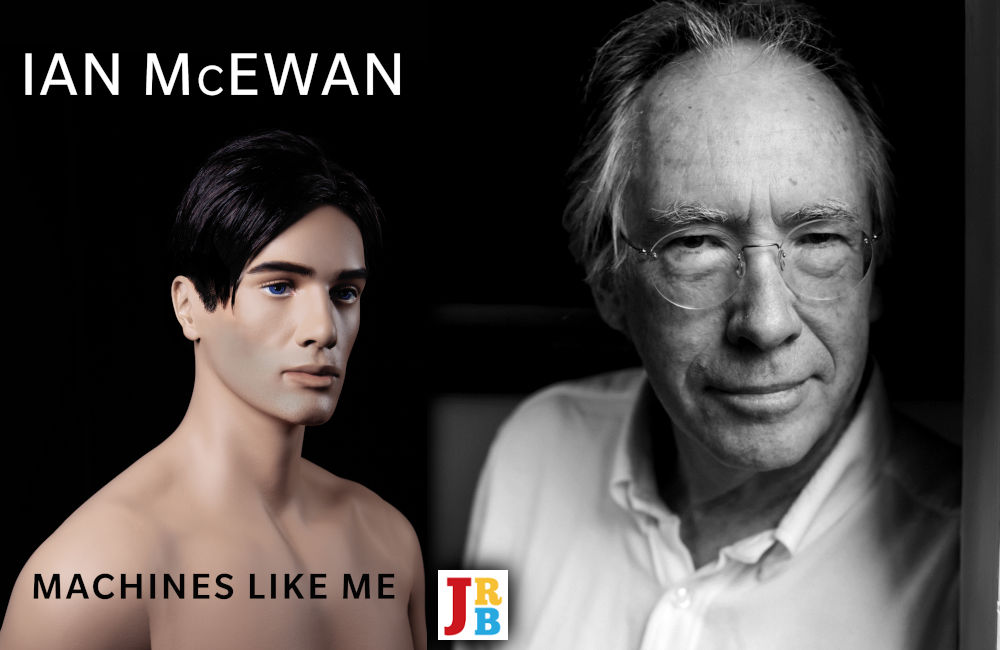


You sense the red blood of real memory pulsing behind such episodes as young Roland’s dread certainty that he’s going blind, a secret he keeps for two years (it turns out he just needs glasses). I’ve been living the wrong life.”īehind Roland is an army childhood - Aldershot in Hampshire and Libya, same as McEwan - and then adolescence at “a boarding grammar school, run by London County Council.” Description of these early years is immersive and vivid. His wife Alissa has just vanished, leaving only a note: “I love you but this is for good. When the novel opens, Roland is in his late thirties, sitting in an untidy house in Clapham, London, cradling his infant son. Lessonsrepresents a sustained and knowing flirtation with that mode. Previous novels have made use of material from McEwan’s own life, but “autobiographical” is another word we don’t associate with his fiction. Roland shares more than just a birth date with his author. This cradle-to-grave (well, seven-ish to seventy-something) narrative concerns the life and times of Roland Baines, born, like McEwan, in 1948. Yet all of these adjectives could be applied to his surprising new novel, Lessons. It’s simpler to say what McEwanesque is not: baggy, meandering, plotless, long. What would that even mean? The dark psychological instability of The Comfort of Strangers and Enduring Love? The gleeful comedy of Solar and Nutshell? The smart social realism of Saturday and The Children Act? The metafictional games of Atonement and Sweet Tooth? Ian McEwan’s brilliant capacity for reinvention is a hallmark of his literary career.


 0 kommentar(er)
0 kommentar(er)
